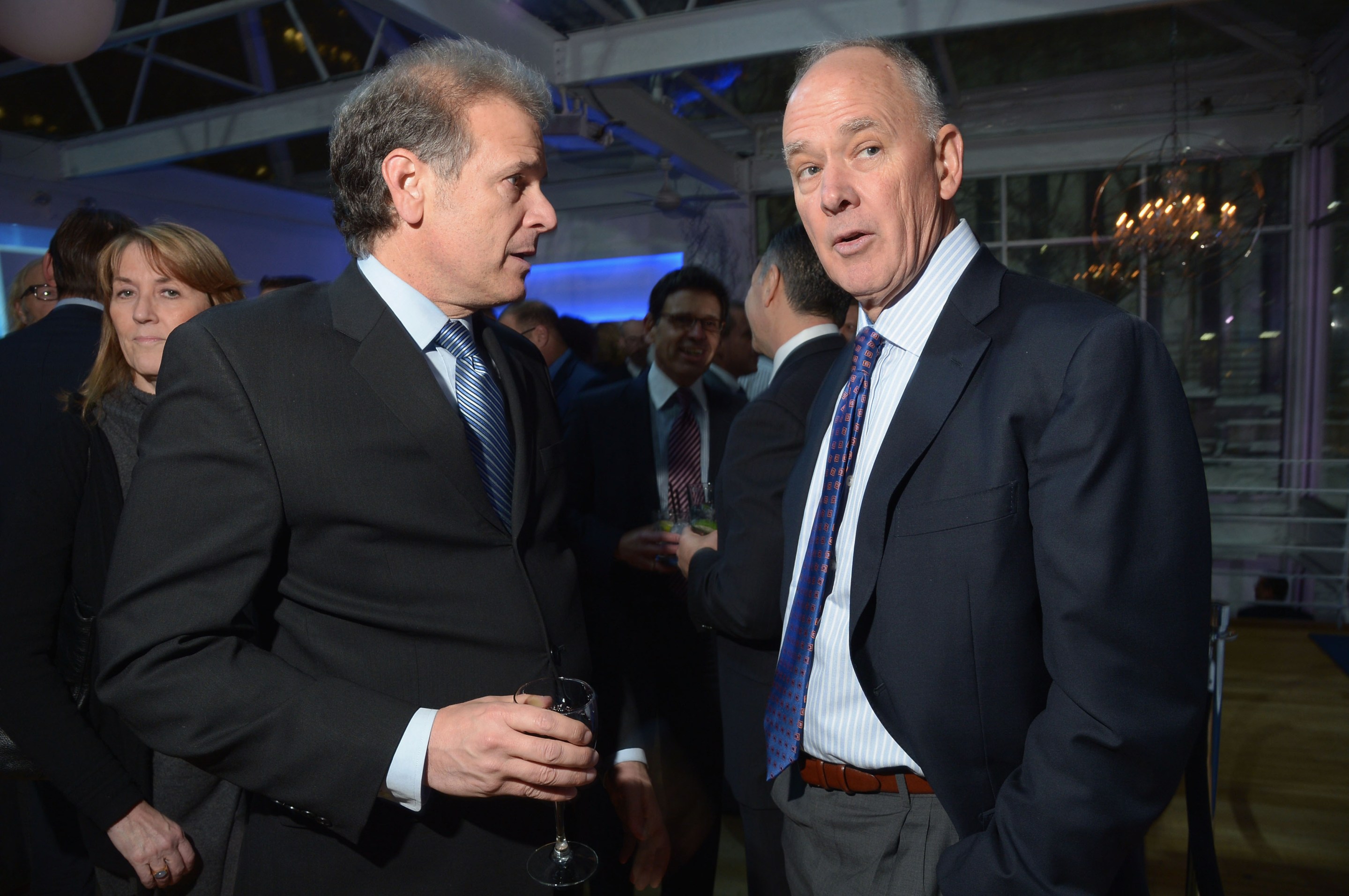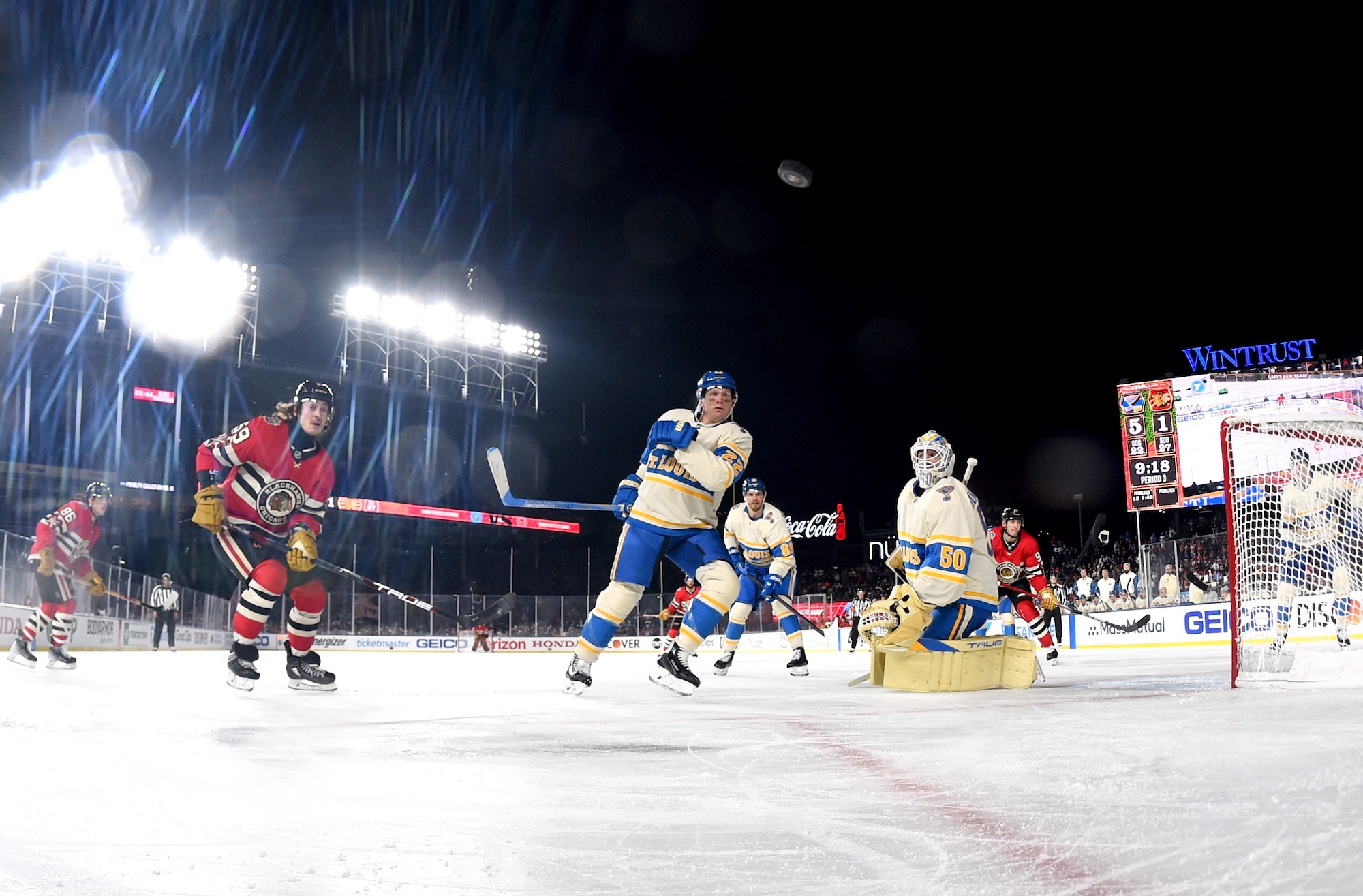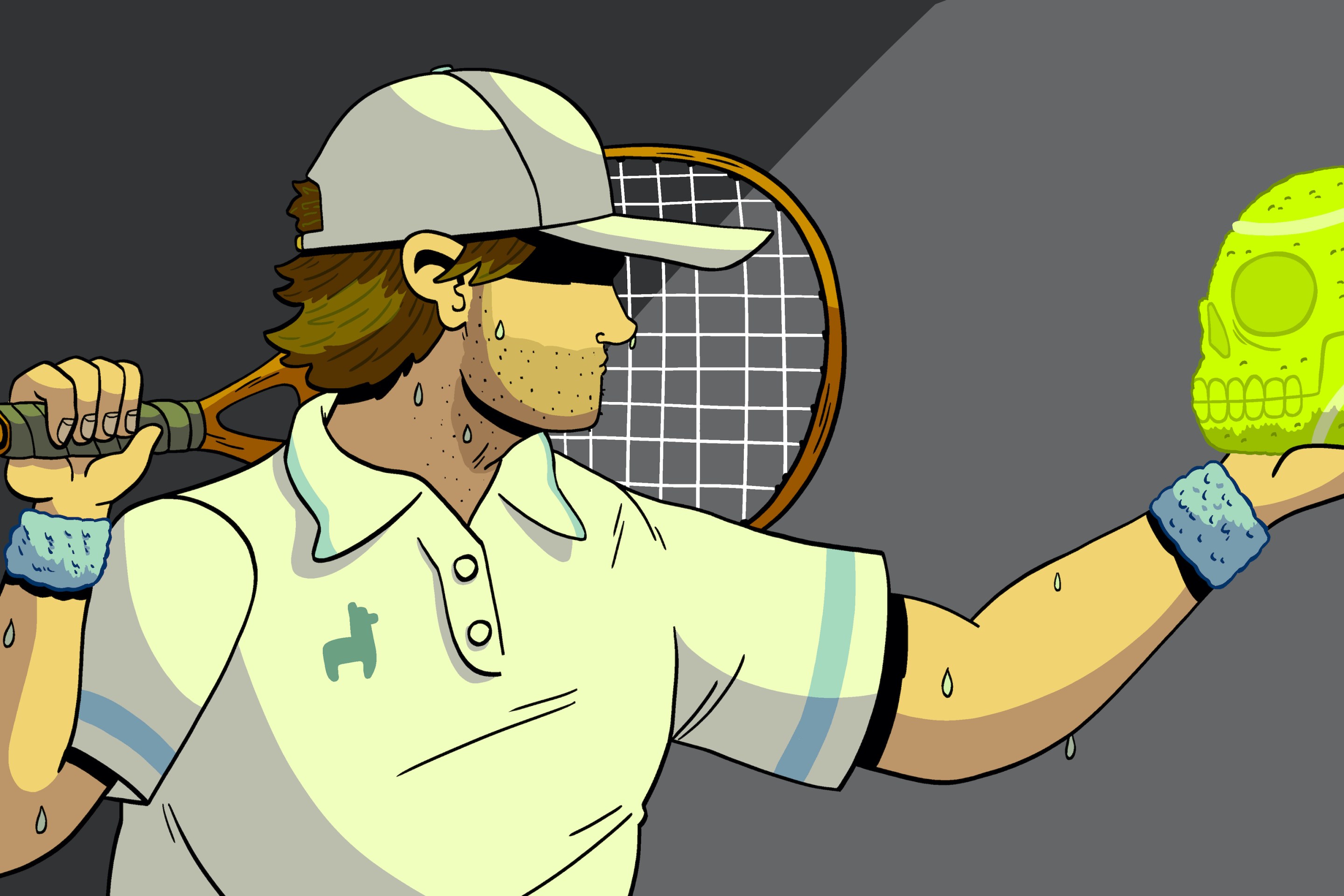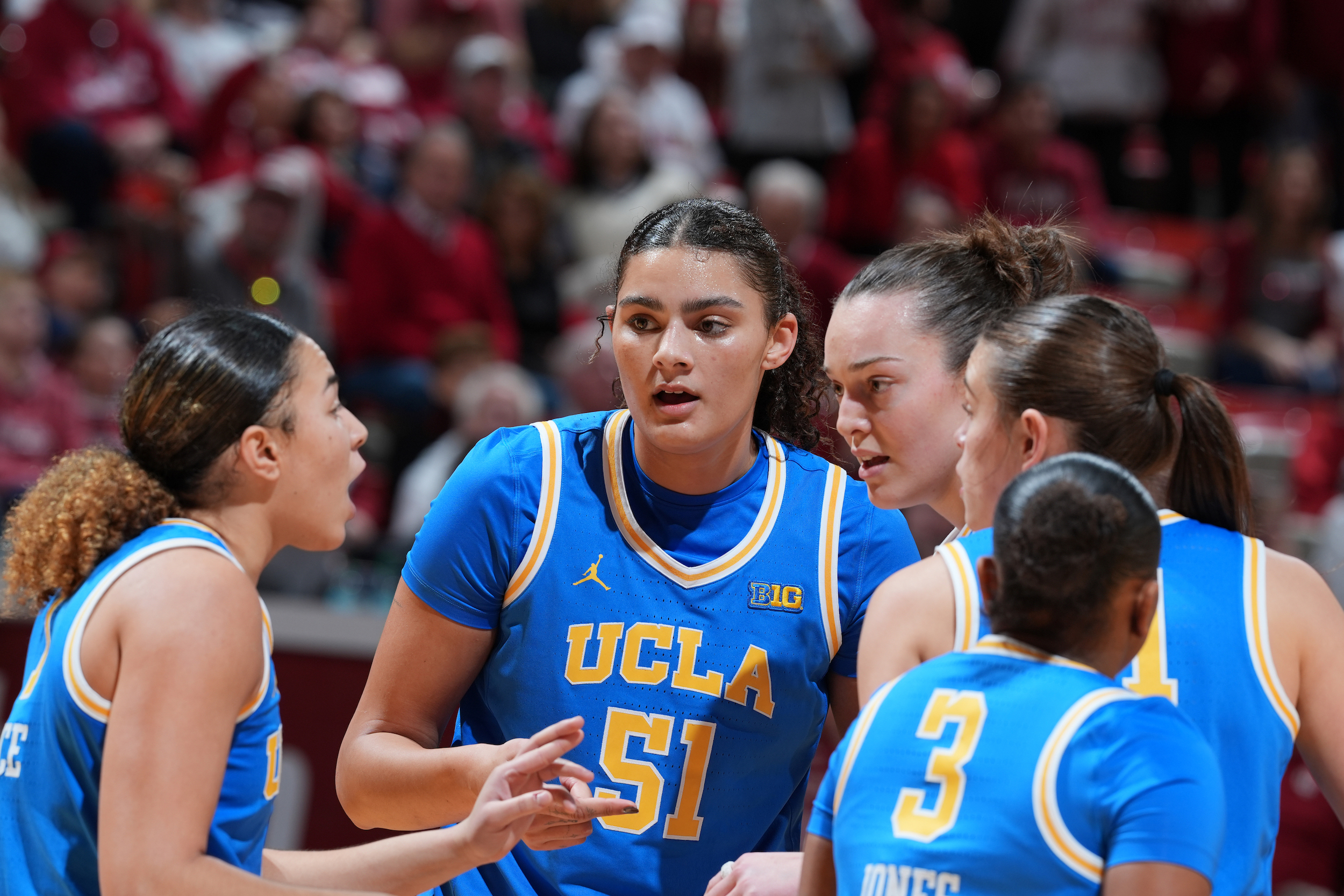It is not really news that the New York Mets were one of the most luridly dysfunctional organizations in pro sports during the nearly two decades that the Wilpon family held a controlling interest in the team, mostly because of how inescapable that fact was. The team on the field was thwarted in different ways depending on how (untenably) rich or (selectively) poor ownership was at a given moment, but it was always thwarted by the same passel of curdled selfish dolts, and always for pretty much the same reason, which was that bullying less powerful people to no apparent end was just what the Wilpons thought bosses did. Their own relentless and relentlessly petty personal nastiness spread through the organization like a virus, carried by the various opportunists and mediocrities that the Wilpons' singularly fetid culture nurtured and protected. The team's failures on the field during those years sometimes reflected the failures of their ownership more directly than others, but always felt at least somewhat symptomatic. The Wilpons, through the sheer singular force of their vileness, made a baseball team into something more like a rash in less than two decades.
But the Wilpons are not in charge of the team anymore, and despite some isolated irruptions of Wilpon-grade mismanagement, the new regime—the Wilpons sold the team to prolific financial criminal and lifelong Mets fan Steven A. Cohen last September—has tried very hard to signal not just a commitment to restoring the organizational elements that the Wilpons had allowed to atrophy, but to creating a new and less odious culture. The person that Cohen brought in to oversee this process is familiar to Mets fans, and also familiar in this particular role. Sandy Alderson was effectively imposed upon the Wilpons by Major League Baseball in 2010, after the family's financial standing and already distressed personal reputation were damaged by their involvement in Bernie Madoff's towering Ponzi scheme. It was surely not an easy job—Alderson had to work closely with the Wilpons, which is to say that he mostly had to find ways around them—but he also benefited from the fact that he was, if nothing else, the other half of a perceived binary with The Literal Wilpons. From 2010 to 2018, Alderson was the adult in the room more or less by default; when Cohen brought Alderson in last fall to oversee the transition to his new regime, it was less an official restoration than a gesture towards continuity that accompanied the universally acknowledged need for a thorough fumigation.
Here is how that has gone so far: The GM that Alderson hired, Jared Porter, was quickly jettisoned after an ESPN story revealed a longstanding campaign of sexual harassment against a woman covering his former team. The Athletic reported that Mickey Callaway, the last manager Alderson hired before leaving the Mets for the first time, was also a serial creep who was known as such when the Mets brought him aboard in 2017; he went on to earn the nickname "Dick Pic Mick" from front office staffers over two years as the Mets' manager, and was only fired in 2019 because his team was miserable and lousy. And today, The Athletic's Katie Strang and Brittany Ghiroli have delivered a story detailing the misbehavior of various legacy creepers within the organization—a minor league hitting coordinator, a member of the marketing team, and also that marketing goon's boss, David Newman, who served as the team's chief marketing, content, and communications officer until 2018, and whom Alderson rehired last year.
In its exhausting particulars, all that shitty behavior is familiar stuff both to anyone who has followed the signature dysfunctions of this particular franchise and anyone who has worked in any shitty workplace, anywhere. There's the hedged horniness of unwanted text messages, and the unhedged horniness of the hitting instructor telling a coworker "I stare at your ass all the time." There is a tradition of bullying nitpicking hypercriticism—sometimes about lipstick that looks "too wet," sometimes at pregnancies that are deemed unhelpful to office operations—directed at women in the workplace by old, loud, mediocre executive types. There is, inevitably, the imperious HR director who stymies accountability and serves only upper management; when former Mets executive Leigh Castergine told the HR chief that she felt bullied by COO and former owner-in-waiting Jeff Wilpon, who harassed and belittled her for being pregnant while unmarried, the HR chief advised Castergine to quit her job.
Or, Alderson would counter, there were all those things. Ryan Ellis, the hitting instructor, is no longer with the organization; Joe DeVito, the text-creep marketing guy hired away from Vice, left the team this spring. Then there is David Newman, whom Alderson brought back to the organization shortly after rejoining it himself.
“I said, ‘How can you take David Newman back? He’s a creep,’” said one of the women, who told Alderson that Newman mistreated one of her colleagues.
Alderson then contacted that colleague.
That woman—the one who believed she was discriminated against on the basis of her pregnancy—says she corroborated what her co-worker told Alderson about Newman and told Alderson that Newman made life “miserable” for those around him. Alderson responded that Newman’s behavior was “unacceptable,” she said, but then remarked that he believed in second chances and vowed to tell Newman to “knock it off.” Newman’s hiring was announced later that day.
The Athletic
In his strained and palpably frustrated response to Strang and Ghiroli, Alderson oscillates between several sweaty counterpoints—sometimes it's This was in the past and we're about the future, sometimes it's There are processes for these things, and occasionally coming worrying close to making this about The Bloodthirsty Cancel Culture Mob. "Not every instance involving men, women in the workplace is a capital offense, OK?" Alderson says. "There are a lot of intermediate steps that can be taken and we’ve done that in a variety of different cases. And have included capital punishment as a consequence in some cases, but not every case rises to the level of execution. And that’s what honestly I think is happening with these articles (in The Athletic). People are getting executed, including women, by the way, for reasons that are unjustifiable.”
Let's leave aside the fact that the men in question, who all in various ways made the people they worked with uncomfortable and unhappy, are all utterly replaceable. They are, of course, but such people generally are. It seems more important that, however oafishly reprehensible their behavior, these men were all operating under the very obviously correct perception that they could get away with pretty much whatever because they were in a corporate culture that was not remotely interested in holding them to account, and whose ostensible accountability mechanisms had in fact been repurposed to make sure that just such a thing did not and would not happen. Whatever those various intermediate steps Alderson mentions might have involved, they very clearly would not lead to any sort of discipline.
It is probably giving Alderson too much credit to assume that he understands that reality less well than the people that exploited it, but the truth of it plays the same either way. The whiff of Cancel Culture Panic in his statement—the intimations of summary public execution; some merciless public auto-da-fe driven by censors and scolds and people out to punish others for kicks—gives away the crucial and even decisive thing that he (and many others) seems determined not to get about this sort of thing. The behavior in the story is abhorrent, but it does not exist in isolation; the people taking advantage are first and foremost aware that the culture in which they worked guaranteed that those advantages were theirs to take. The organization that the Wilpons built was singularly dysfunctional in the sour and stupid ways they were, but it was not really unique. This is what should make Sandy Alderson uncomfortable—in Queens and everywhere else, power makes clear what it will and will not tolerate, and everyone subject to those rotten standards is stuck with nothing but intermediate steps. This is the challenge of Alderson's job, now. It's not just to be more sympathetic than some of the biggest jerks ever to own a sports team, but to take the gnarled and unworkable systems they cultivated and somehow make them work for the people they'd been warped to work against. Saying "knock it off" isn't going to do it.





